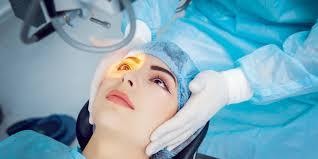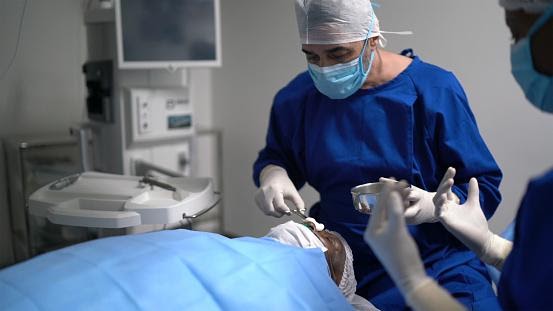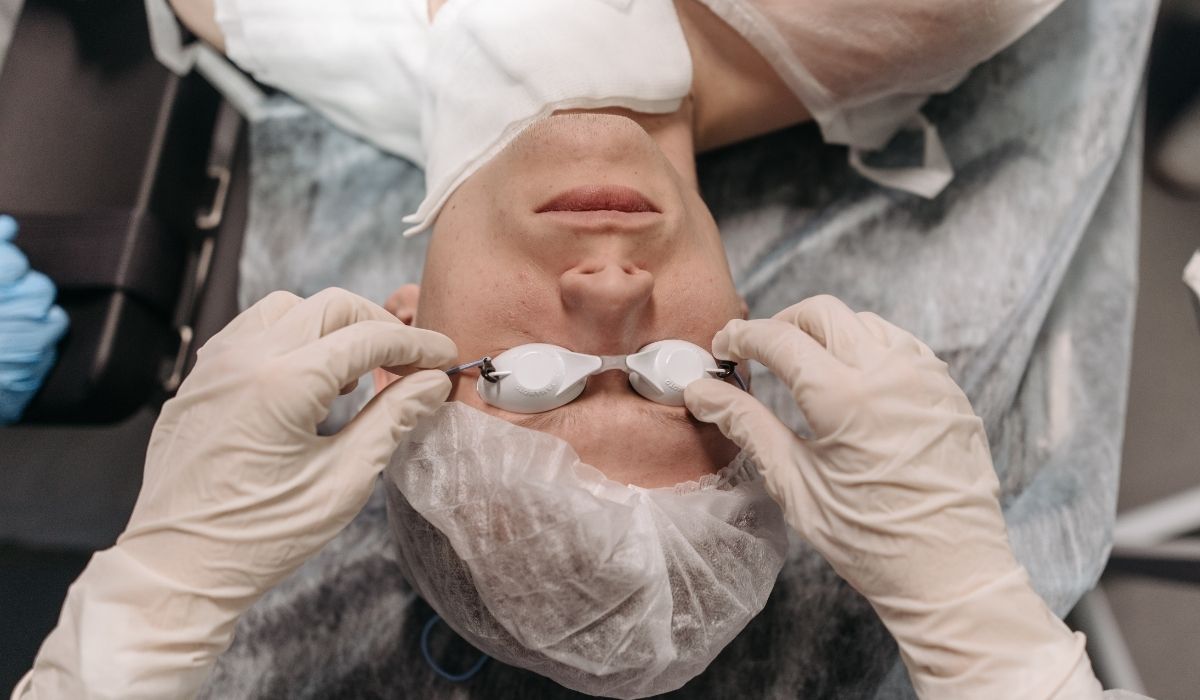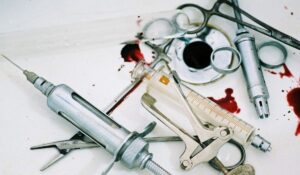Are you debating if it’s time for that cataract surgery? Whether you’ve planned your operation or are just beginning, it’s critical to understand what to anticipate.
However, how about recovery? What is cataract surgery. While cataract surgery is a great treatment, it does require a recovery period. Continue reading for eight pieces of advice on how to have the greatest cataract surgery recovery possible!
1. Drink plenty of water prior to and throughout your operation.

This is something that few people consider but should prior to undergoing any surgical operation. You should attempt to boost your water consumption before any procedure.
The human body is composed of up to 60% water! While you are not sedated during cataract surgery, the procedure may be rather demanding on your body.
Water is one of the most beneficial substances you can put into your body, particularly during times of recovery. Following cataract surgery, it may take a few days for your eyes to adjust to their new normal.
They may even feel a little drier than usual. This is another reason why drinking enough water is so good! By remaining adequately hydrated during the cataract surgery recovery process, you may be able to avoid your eyes feeling overly dry.
2. Prepare pre-cooked meals before to your surgery.
There are several things you may do to prepare for and plan ahead for a procedure like a cataract surgery. Stocking your refrigerator and freezer with pre-cooked meals is one of the simplest methods to do.
Lasagne, casseroles, macaroni and cheese, spaghetti and meatballs, and even stir-fries are all possible! Truly, the sky is the limit!
Are you not very fond of cooking? Inform your friends and family that you’re undergoing cataract surgery and will be unable to cook for a period of time.
There will undoubtedly be folks who are more than eager to assist you if cooking is not your forte!
3. Take a few days off from work to recharge your batteries.
Another excellent strategy to prepare for cataract surgery is to take a few days off work. Generally, you should be able to return to work after a few days, although this varies for every patient.
At the absolute least, do not anticipate returning to work the same day after cataract surgery. Your eyes will be more sensitive than usual, and you may experience irritability or discomfort.
What is the best course of action? Return home and unwind! You will also be unable to drive yourself home following your treatment and will need to wait until your doctor gives you clearance to drive again.
4. Administer all eye drops precisely as directed.
Taking eye drops is a critical aspect of the recovery process following cataract surgery. Two distinct types of eye drops will be prescribed by your cataract surgeon.
The first type is antibiotic eye drops, which are used to help prevent infection. The second kind is anti-inflammatory eye drops, which aid in the reduction of inflammation following your treatment. Visit http://lasiksurgeryrx.com/can-diabetic-patients-go-for-cataract-surgery/ to read about Can diabetic patients go for cataract surgery?

It is critical that you use these eye drops exactly as directed! This often entails taking them many times daily during the first week following cataract surgery. Without these drops, you risk developing significant consequences or eyesight difficulties.
While the eye drops may be irritating, they are a critical component of a successful cataract surgery recovery!
5. For a few weeks, abstain from any hard lifting or intense exercise.
Remember how vital it was to unwind during your cataract surgery recovery? This also applies to any activity that requires significant lifting or severe exercise.
You might be asking why heavy lifting is a problem. Heavy lifting might result in an increase in intraocular pressure.
Additionally, it might result in catastrophic consequences such as retinal detachment, displacement of the implanted lens, corneal edema, or fluid buildup in the eye. Your physician will inform you when you may resume normal activities, including intense exercise.
6. For one month, refrain from swimming in the ocean, lakes, or pools, or from using hot tubs.
While living in Australia, it’s tempting to get to the beach when the weather is great, you should avoid swimming for at least a month following cataract surgery.
Your eyes will be more sensitive and prone to infection following cataract surgery. All bodies of water, including lakes, the ocean, swimming pools, and even hot tubs, are teeming with bacteria of all varieties.
Due to the fact that you’ve just undergone treatment such as cataract surgery, you’re more susceptible to infection from these germs. It is advised to avoid swimming for at least a few weeks to a month after surgery.
7. Refrain from rubbing your eyes, even if they are itchy.
There are never any circumstances in which rubbing your eyes is a good idea. It has the potential to introduce bacteria from your hands into your eyes, resulting in illness.
However, you should avoid touching your eyes following cataract surgery. Your surgically repaired eye will be extremely sensitive.
Rubbing your eye may result in the destruction of the delicate flap formed during the operation. Damage to this flap may result in difficulties or other issues.
Therefore, what do you do if your eyes are inflamed and you are unable to massage them? Of course, use fake tears or eye drops!
If your eyes get inflamed (a common side effect in the first day or two following cataract surgery), artificial tears can be lifesavers!
Your eyes may feel dry, and artificial tears assist in rehydrating them. When your eyes feel too dry, using artificial tears is preferable to rubbing them.
8. During your cataract screening, feel free to ask your eye doctor any questions.
It’s natural to be fearful of cataract surgery. If you have a lot of questions, you owe it to yourself to jot them down.
You have the opportunity to ask questions during your cataract examination! It is critical to ask inquiries because they will assist you in putting your mind at rest prior to the operation.
It’s much simpler to establish trust with your doctor or surgeon if you’re at ease, so don’t be afraid to ask any questions. Bear in mind that there is no such thing as a “dumb inquiry.” Indeed, they have almost certainly heard them all before and encourage your inquiries!



